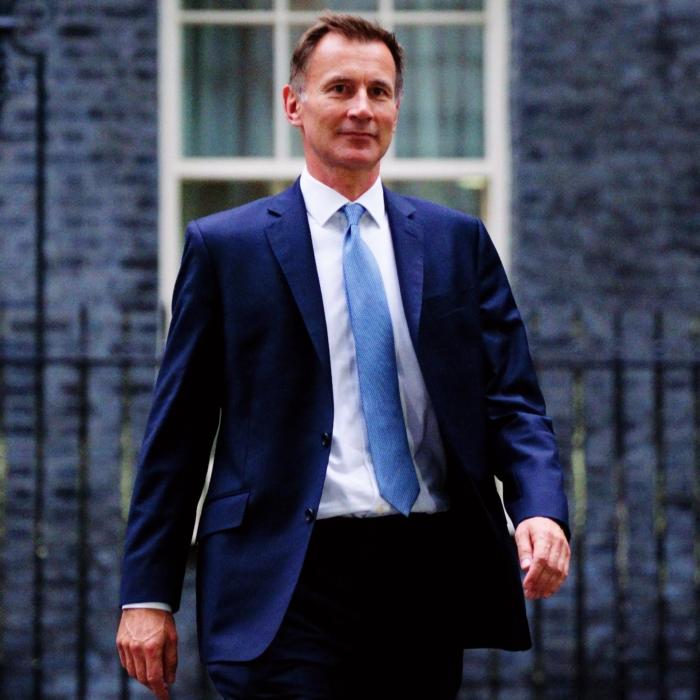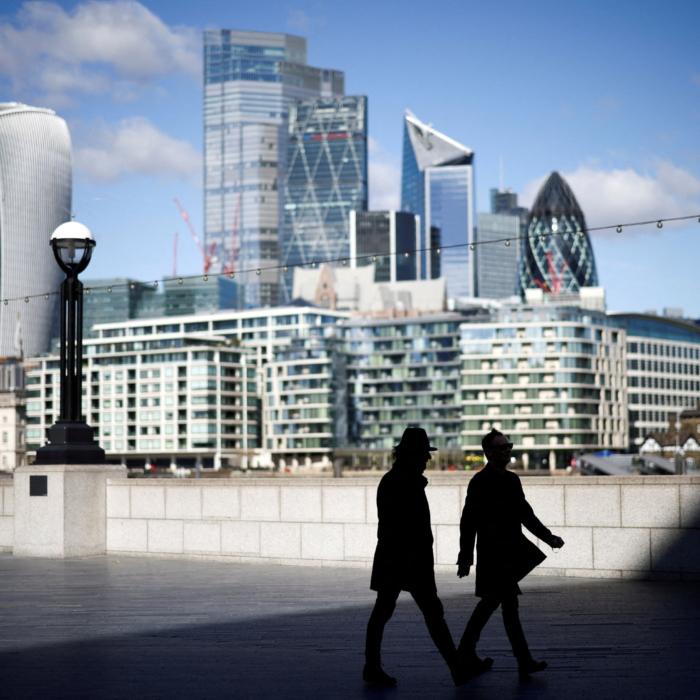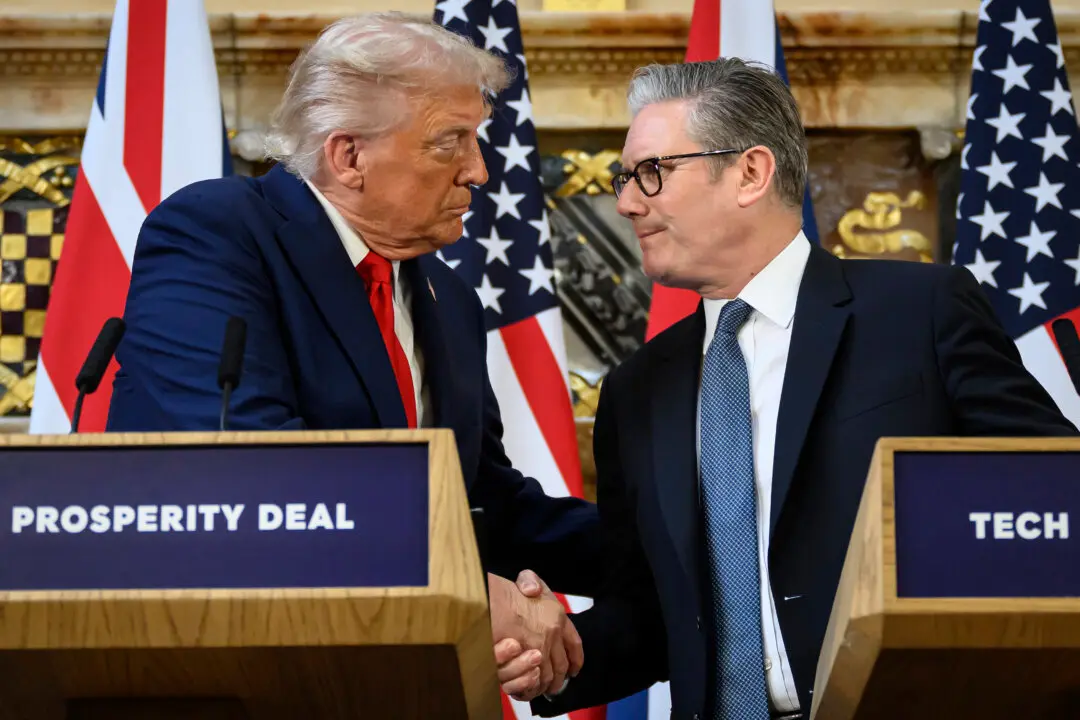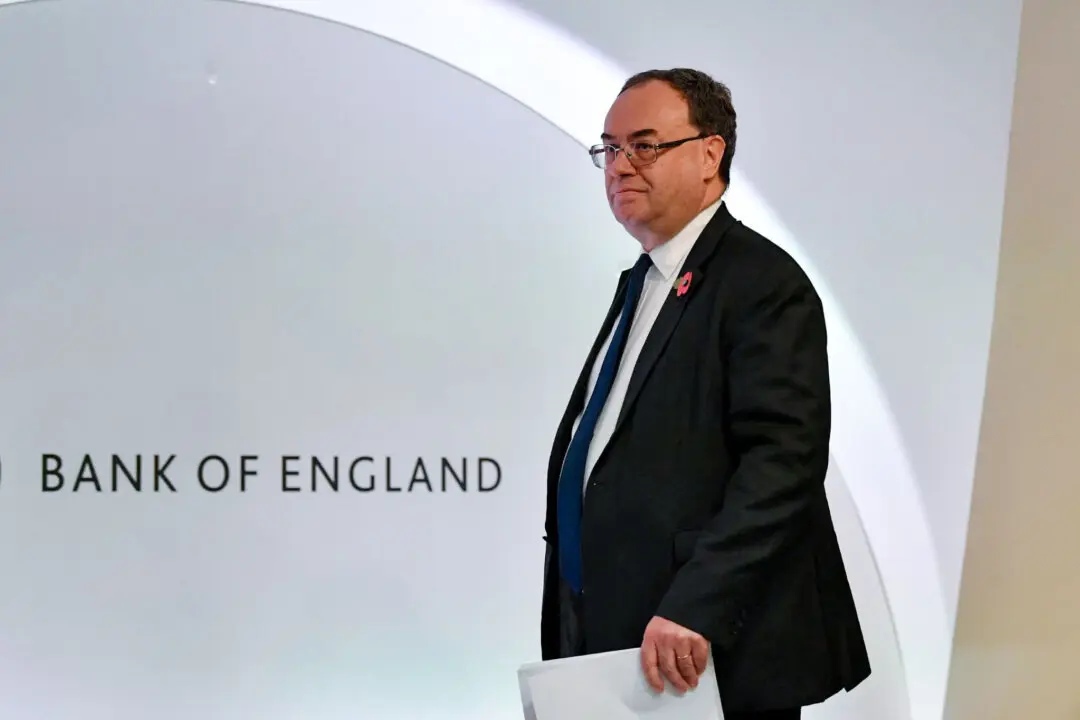Prime Minister Rishi Sunak has hailed the drop in inflation to the 2 percent target in May as “great news,“ adding that the UK economy ”has turned a corner.”
The figures published by the Office of National Statistics (ONS) on Wednesday showed inflation easing last month to 2 percent from 2.3 percent in April.
Inflation slowdown was driven by falling food prices, but was offset by the rising costs of motor fuels and transport.
When Mr. Sunak took office as prime minister in October 2022, the inflation rate stood at its peak of 11.1 percent. Throughout the duration of his office, Mr. Sunak had made inflation one of the government’s key priorities, promising to bring it back to two percent.
Commenting on the ONS figures, Mr. Sunak said that “inflation was back to normal” and said it was “great news.”
Chancellor Jeremy Hunt welcomed the slowdown in the growth of prices and attributed the 2 percent inflation achievement to government’s efforts and “sticking to the plan.”
With inflation reaching the Bank of England’s (BoE) two percent target two weeks before the general election, this could either boost the Conservatives’ prospects on July 4 or make little difference to the voting intention of Britons, who are still feeling cost of living pressures.
Interest Rates
The drop in annual consumer price inflation in May reached the lowest inflation figure in three years. The ONS data comes ahead of the meeting by the BoE’s Monetary Policy Committee (MPC) on Thursday.The bank is unlikely to slash interest rates, currently at a 16-year high of 5.25 percent. Most economists polled by Reuters expect the soonest cuts to take place in August.
The BoE has previously said that inflation would hit its 2 percent target in the second quarter 2024, before increasing again in subsequent quarters. The bank needs more evidence that inflation will fall further sustainably before it lowers interest rates.
In its latest annual review of the UK, the International Monetary Fund (IMF) said it expected inflation to rise in the second half of the year, as the effects from lower energy prices wane.
A “durable” return to the 2 percent target is expected by early 2025, the IMF said.







